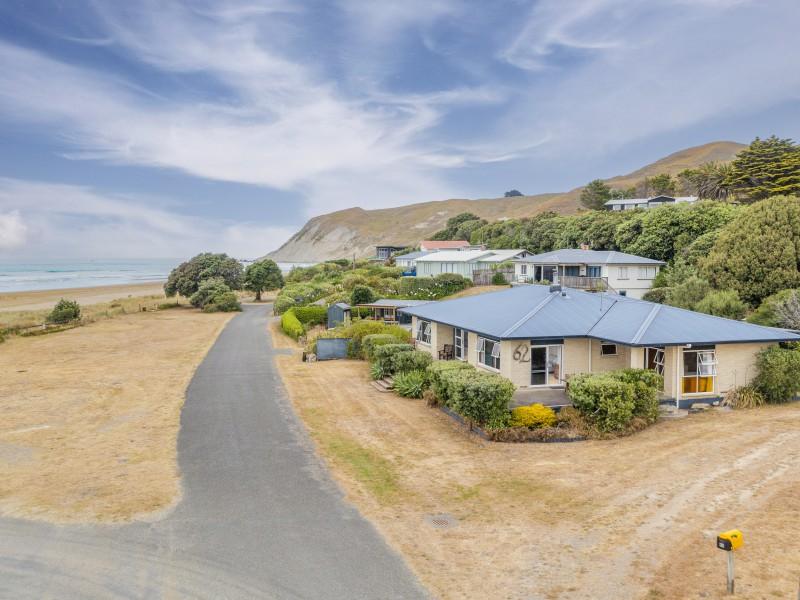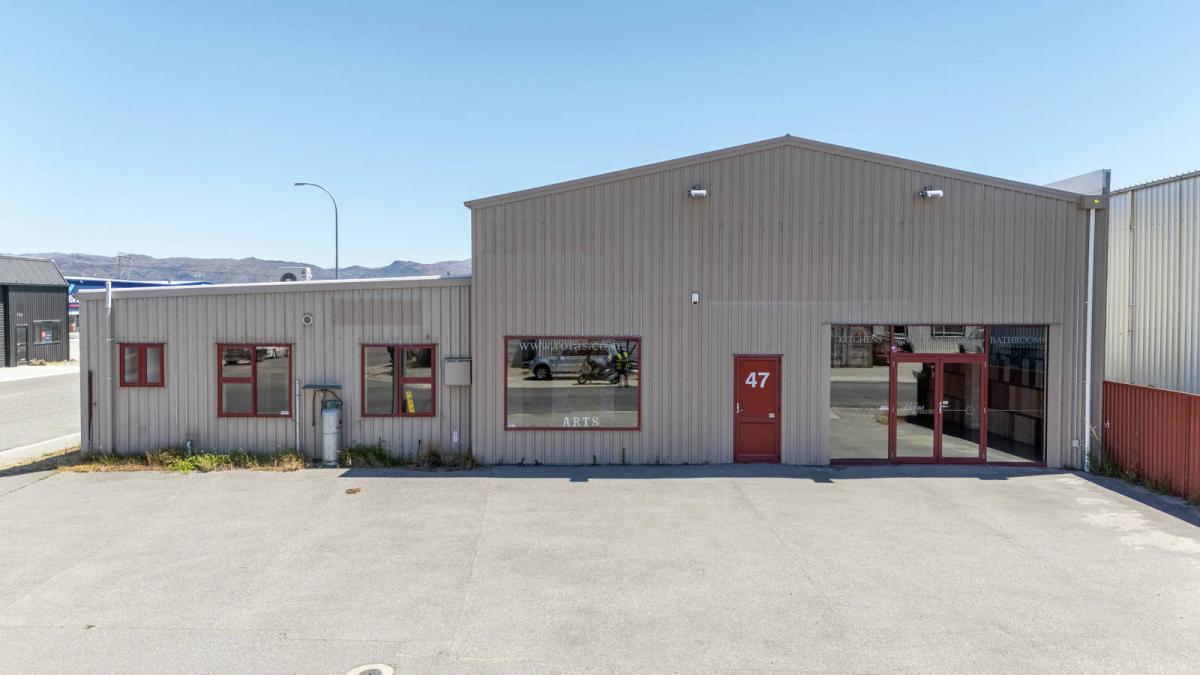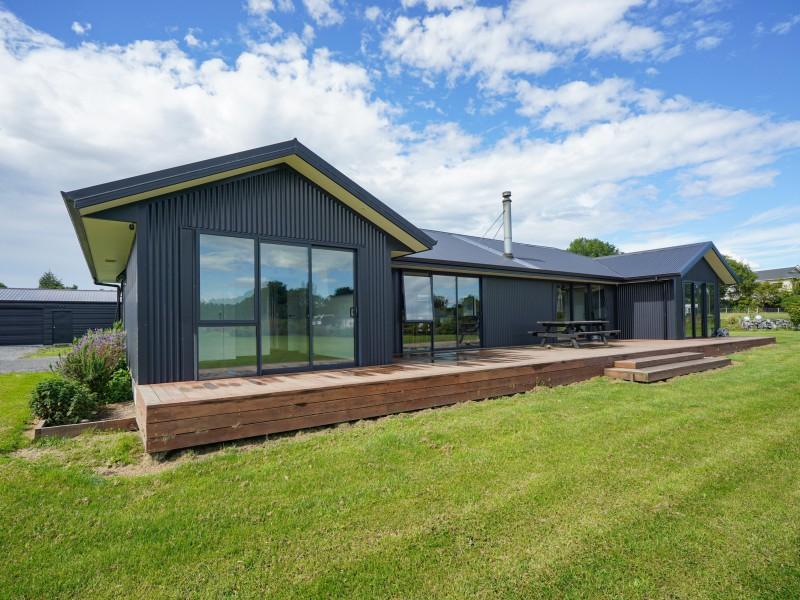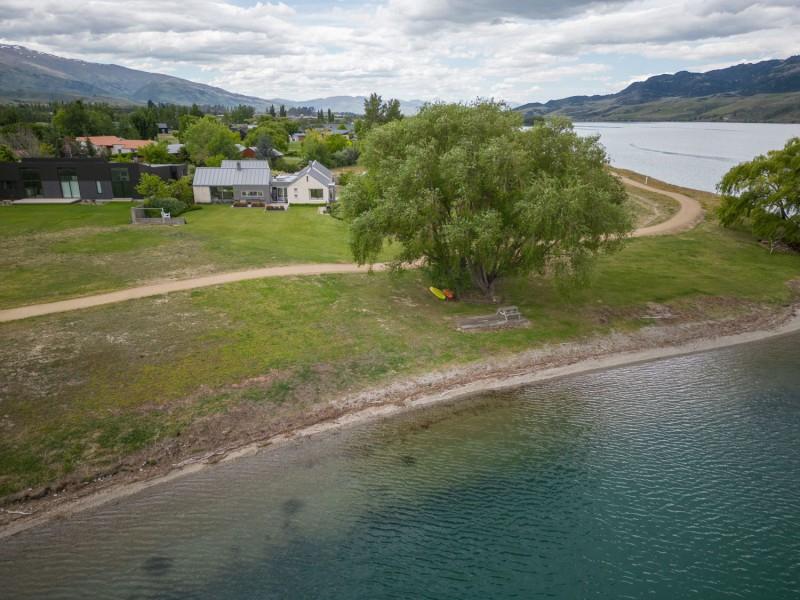Ratepayers may have to pay extra $305 every year for 30 years over leaky building saga
The chairperson of a body corporate claiming $163 million for leaky building repairs from the Queenstown Lakes District Council says they only want a fair outcome.
The council has said the Oaks Shore claim could result in each ratepayer having to pay $305 more in rates each year for 30 years.
Oaks Shore is an 84-unit apartment block developed by well-known Southland developer Ross Wensley and opened in 2005.
About 74 owners launched legal action against the council and parties including architects and structural engineers in 2015 when extensive water and structural issues were discovered – including to balconies, roofs, cladding and bathrooms.
Wensley – who was responsible for hundreds of new upmarket apartments in Queenstown before the global financial crisis hit in 2008 – could not be sued as six of his companies were placed in liquidation.
His daughter-in-law, Olivia Wensley, is a mayoral candidate for the Queenstown Lakes District this year.
The apartment owners were in a “horrific” situation, body corporate chairman Graeme Kruger said.
“All we want is our building to be fixed as it was meant to be in the first place.
“It’s broken owners’ hearts.”
A High Court hearing date had been set for February 2023, but he hoped the case would be resolved earlier through mediation.
Kruger said the owners of the apartments were mostly New Zealanders purchasing a holiday home or investment property.
“No matter what the outcome is we’re going to have to contribute to it.
“We just want natural justice and fairness for all parties.”
This month, the council made a submission to the Ministry of Business, Innovation and Employment (MBIE) urging it to include risk, liability and insurance in the scope of its review of the building consent system.
The existing rule meant if one party was insolvent or had no insurance, other parties remained responsible.
The council was often the only party left to compensate homeowners when building defects arose.
Under the current system, the council had experienced an increase in the number of claims by property owners for weather tightness and other building defects, the submissions says.
In the 2021-22 year, the council spent about $40m defending and/or resolving claims, which led to a median $50 rate increase for every property.
The council was disproportionately exposed to claims due to its small ratepayer base and large number of developments, it says.
Between 2003 and 2006, Queenstown Lakes issued the highest proportion of new dwelling consents per ratepayer in New Zealand, with 31.7 new dwelling consents per 1000 residents – about four times the national average.
The next closest district was Thames-Coromandel, issuing 18.9 per 1000 residents.
If successful, the Oak Shores claim would be one of the largest single claims in New Zealand.
“This would increase rates by an average of 9.6% and would cost $305 per property every year for 30 years,” the council’s submission says.
That could result in a loss in borrowing capacity for the council and would mean less investment in community assets such as parks, libraries, performing arts and recreation facilities.
The submissions also urge MBIE to consider funding support for the council.
“It is council’s position that requiring ratepayers to pay compensation where defendants are missing is unjust,” it says.
Kruger said the interest of ratepayers needed to be protected.
“It’s unfortunate that around the country the last party standing is the council or building authority.”

We're talking new year resolutions...
Tidying the house before going to bed each night, meditating upon waking or taking the stairs at work.
What’s something quick, or easy, that you started doing that made a major positive change in your life?

New Year, Same Brain Teasers!
A man was found dead with a cassette recorder in one hand and a gun in the other.
When the police pressed “play,” the tape said, “I can’t go on,” and then there was a gunshot.
Yet, the police knew it was a murder.
How?
Do you think you know the answer to our daily riddle? Don't spoil it for your neighbours! Simply 'Like' this post and we'll post the answer in the comments below at 2pm.
Want to stop seeing riddles in your newsfeed?
Head here and hover on the Following button on the top right of the page (and it will show Unfollow) and then click it. If it is giving you the option to Follow, then you've successfully unfollowed the Riddles page.

⚠️ DOGS DIE IN HOT CARS. If you love them, don't leave them. ⚠️
It's a message we share time and time again, and this year, we're calling on you to help us spread that message further.
Did you know that calls to SPCA about dogs left inside hot cars made up a whopping 11% of all welfare calls last summer? This is a completely preventable issue, and one which is causing hundreds of dogs (often loved pets) to suffer.
Here are some quick facts to share with the dog owners in your life:
👉 The temperature inside a car can heat to over 50°C in less than 15 minutes.
👉 Parking in the shade and cracking windows does little to help on a warm day. Dogs rely on panting to keep cool, which they can't do in a hot car.
👉 This puts dogs at a high risk of heatstroke - a serious condition for dogs, with a mortality rate between 39%-50%.
👉 It is an offence under the Animal Welfare Act to leave a dog in a hot vehicle if they are showing signs of heat stress. You can be fined, and prosecuted.
SPCA has created downloadable resources to help you spread the message even further. Posters, a flyer, and a social media tile can be downloaded from our website here: www.spca.nz...
We encourage you to use these - and ask your local businesses to display the posters if they can. Flyers can be kept in your car and handed out as needed.
This is a community problem, and one we cannot solve alone. Help us to prevent more tragedies this summer by sharing this post.
On behalf of the animals - thank you ❤️

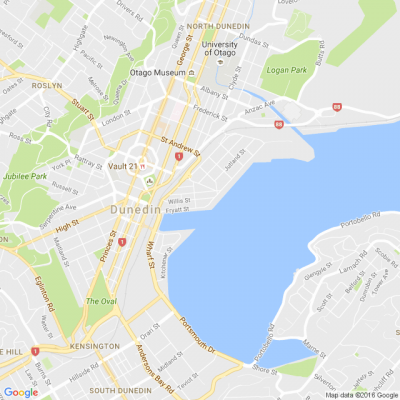
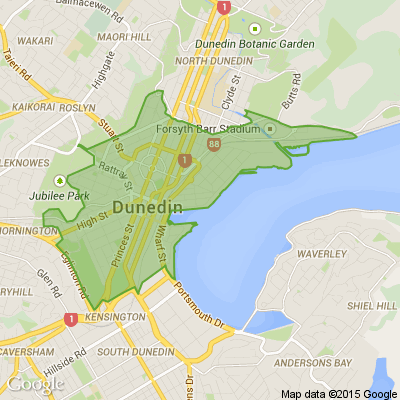




 Loading…
Loading…





